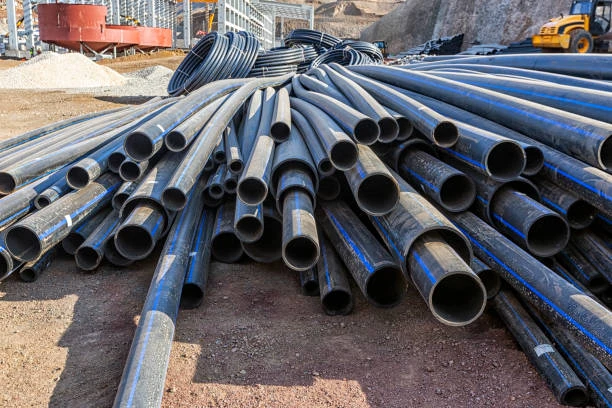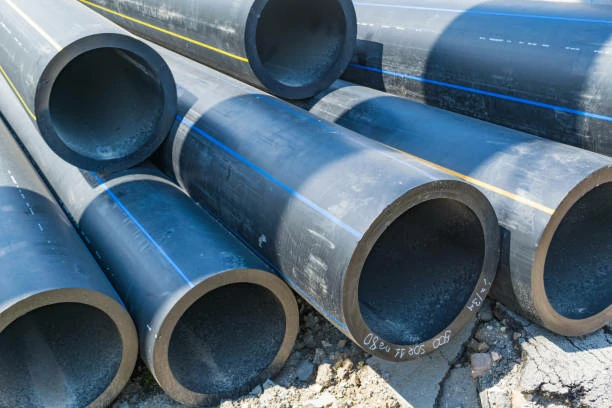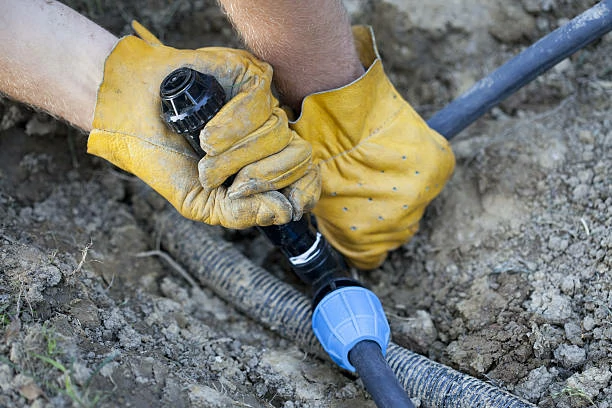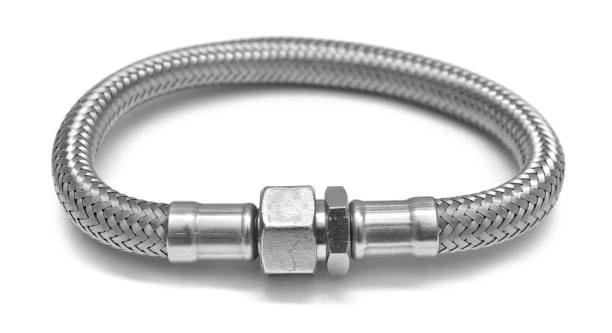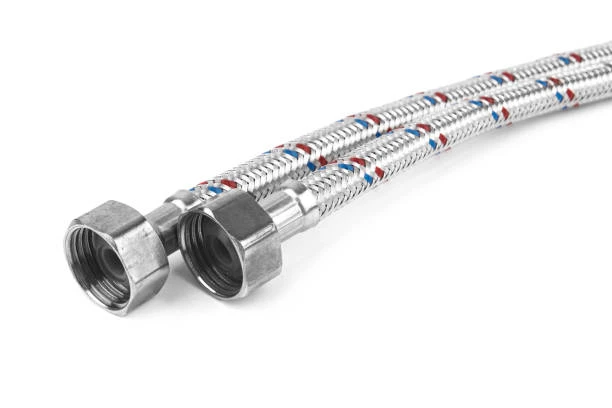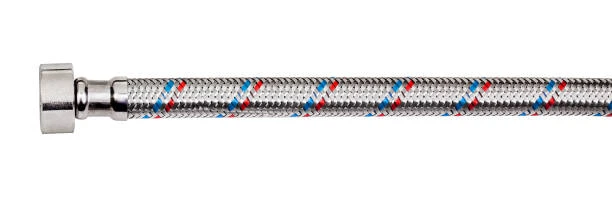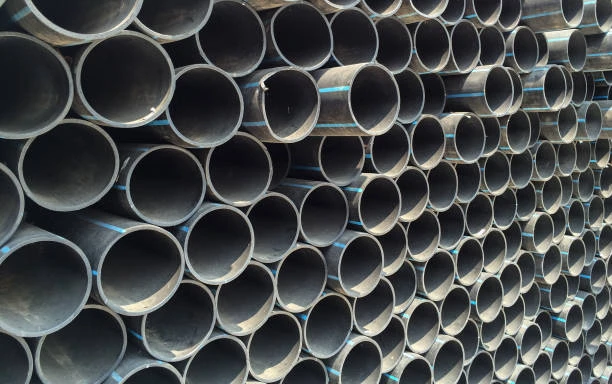
Introduction
HDPE tubing has revolutionized modern fluid management by offering a combination of flexibility, durability, and reliability. Its lightweight design and ease of handling make it ideal for water supply, irrigation, and industrial applications. Compared to traditional piping materials, HDPE tubing simplifies installation, reduces maintenance requirements, and ensures long-term performance.
This article provides a comprehensive overview of flexible HDPE tubing. It includes answers to common questions, an explanation of its definition and features, its main applications, a detailed buying guide, installation considerations, a comparison with other piping materials, and final recommendations. By the end, you will understand why HDPE tubing is an efficient and cost-effective solution for modern piping systems.
Frequently Asked Questions (FAQ)
1. What is HDPE tubing?
HDPE tubing is a pipe made from high-density polyethylene. Its molecular structure provides excellent strength, flexibility, and resistance to chemicals, corrosion, and environmental stress.
2. Can HDPE tubing be used for drinking water and irrigation?
Yes. HDPE tubing is safe for potable water if it meets regulatory standards, and it is widely used in agricultural irrigation due to its flexibility and durability.
3. How long does HDPE tubing last?
With proper installation and care, HDPE tubing can last up to 50 years or more. Its resistance to environmental factors and chemicals contributes to its long service life.
4. How does HDPE tubing handle pressure and temperature?
HDPE tubing can withstand a range of pressures and temperatures depending on its class and thickness. It is suitable for low- and medium-pressure applications and can tolerate temperature fluctuations without cracking.
5. What makes HDPE tubing easier to install than other piping materials?
Its lightweight design, flexibility, and seamless jointing methods such as butt fusion and electrofusion make installation faster, less labor-intensive, and less prone to leaks compared to rigid pipes.
Definition and Features of Flexible HDPE Tubing
Flexible HDPE tubing is a high-density polyethylene pipe designed for applications that require easy handling and reliable performance. Its flexibility allows it to bend around obstacles, follow uneven terrain, and adapt to complex layouts without requiring additional fittings.
Key features include:
- High flexibility: Allows for easier installation, especially in irregular or compact spaces.
- Durability: Resistant to cracking, abrasion, and mechanical stress.
- Chemical and corrosion resistance: Performs well in both potable water and industrial fluid systems.
- Seamless joints: Fusion techniques ensure leak-free connections.
- UV resistance: Can withstand sunlight exposure when properly stabilized.
- Low maintenance: Reduces operational costs and repair frequency.
- Lightweight: Simplifies transportation and reduces labor requirements.
Flexible HDPE tubing is ideal in scenarios where traditional rigid pipes would require multiple fittings, additional labor, and more complex installation processes.
Common Applications and Industries
Flexible HDPE tubing is widely used across multiple sectors. Its versatility makes it a preferred choice in both small-scale and large-scale operations. Typical applications include:
- Municipal water supply: Provides potable water to urban networks with minimal maintenance.
- Agricultural irrigation: Suitable for drip, sprinkler, and surface irrigation systems.
- Industrial fluid transport: Handles chemicals, wastewater, and cooling fluids efficiently.
- Construction and plumbing: Ideal for building installations due to its lightweight and flexibility.
- Mining and energy sectors: Transports water, slurry, and fuel safely over long distances.
- Drainage and stormwater management: Efficient in handling runoff and wastewater.
These applications demonstrate how flexible HDPE tubing adapts to both simple and complex piping systems while maintaining high performance.
Buying Guide for Flexible HDPE Tubing
Selecting the right HDPE tubing ensures reliability and long-term performance. Consider these factors:
- Material quality: Ensure the tubing is made of high-density polyethylene suitable for your specific application. Food-grade HDPE is required for potable water systems.
- Pressure rating: Choose tubing that matches the system’s operating pressure to prevent leaks or failures.
- Diameter: Determine the required size based on flow rates and system layout. Larger diameters handle higher volumes, while smaller sizes are suitable for low-flow applications.
- Color coding: Blue for potable water, black for drainage, yellow for gas, and other colors as per standards.
- Certifications: Look for ISO, ASTM, or regional standards to guarantee quality and compliance.
- UV stabilization: Necessary for outdoor use to protect against sunlight degradation.
- Wall thickness and flexibility: Adequate thickness ensures durability while maintaining flexibility for easy installation.
Considering these factors helps ensure that your HDPE tubing meets performance, safety, and durability requirements.
Installation Considerations
Proper installation is critical for maximizing HDPE tubing’s lifespan and performance. Key steps include:
- Trench preparation: Ensure trenches are free from sharp objects, rocks, or debris that could damage the tubing.
- Handling pipes carefully: Avoid dragging the tubing on rough surfaces to prevent scratches or abrasions.
- Joining methods: Use appropriate fusion techniques such as butt fusion, electrofusion, or mechanical fittings for a secure, leak-free system.
- Accommodating thermal expansion: Include loops or bends to allow expansion and contraction due to temperature variations.
- Pressure testing: Test the system under operating pressure to ensure all joints and connections are leak-free.
- UV protection: Cover or bury tubing for long-term outdoor exposure.
- Maintenance: Periodically inspect joints, valves, and connections for signs of wear or leakage.
Following these steps ensures a reliable, low-maintenance system that operates efficiently over time.
Flexible HDPE Tubing vs Other Piping Materials
| Feature | HDPE Tubing | PVC Piping | Copper Piping | Steel Piping |
|---|---|---|---|---|
| Flexibility | High | Low | Low | Low |
| Durability | Very high | High | High | High |
| Corrosion resistance | Excellent | Good | Moderate | Poor |
| Weight | Lightweight | Medium | Heavy | Heavy |
| Installation ease | Easy | Moderate | Difficult | Difficult |
| Maintenance requirements | Low | Moderate | Moderate | High |
| Cost | Moderate | Low | High | High |
The comparison shows why flexible HDPE tubing is often the preferred choice in modern water supply and irrigation systems. Its combination of flexibility, durability, and low maintenance reduces installation complexity and long-term costs.
Conclusion
Flexible HDPE tubing provides an efficient, reliable, and cost-effective solution for water supply, irrigation, and industrial fluid transport. Its flexibility simplifies installation, reduces the need for fittings, and allows easy adaptation to complex layouts. Durability, chemical resistance, and low maintenance requirements make it suitable for long-term applications in a variety of industries.
By selecting high-quality HDPE tubing with the correct diameter, pressure rating, and certifications, and by following proper installation practices, you can ensure a reliable system that minimizes operational issues. Overall, flexible HDPE tubing represents a modern solution for fluid management, combining convenience, efficiency, and sustainability in one package.
IFNS’s international standards
IFNS products comply with internationally recognized standards to ensure quality, safety, and reliability. These standards include ASTM D3035 and ASTM D3350 for polyethylene pipes, ISO 4427 Series and EN 12201 Series standards for water supply systems, as well as DIN 8074/8075 and GB/T 13663 Series standards. Additionally, IFNS adheres to regional standards such as AS/NZS 4130, JIS K6760, BS 6572, and CSA B137.1, ensuring that its products meet rigorous performance and durability requirements worldwide.
Connect
IFNS, a Chinese manufacturer with 30 years of experience, specializes in high-quality plastic pipes, fittings, and valves. Interested in IFNS’s copper fittings, copper valves, plastic pipes, or fittings? Contact us today. IFNS offers a wide range of standard pipes tailored to your needs. Explore our affordable, cost-effective valve and piping system products.
We respond to emails or faxes within 24 hours. For immediate assistance, call us anytime with questions about our products.


